|
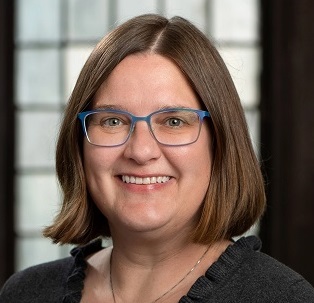
|
|
Rene Almeling, PhD.
M.A. Sociology UCLA (2003); PhD. Sociology, UCLA (2008)
Affiliation
Professor of Sociology at Yale University with courtesy appointments in American Studies, the Yale School of Public Health, and the Yale School of Medicine.
Clinical and research activities
Research and teaching interests are in gender and medicine. Author of several books (Sex Cells; GUYnecology) and leader of two original surveys, the first on Americans’ attitudes toward genetic risk and the other on women’s bodily experiences of in vitro fertilization. With Sebastian Mohr, Dr. Almeling is co-editor of a double special issue on “Men, Masculinities, and Reproduction” (2020). Funding for her research from the National Science Foundation and the Robert Wood Johnson Foundation. Publications in American Sociological Review, Annual Review of Sociology, Journal of Health and Social Behavior, and Gender & Society.
|
|
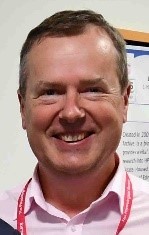
|
|
Richard A Anderson MD PhD FRCOG FRCP(Ed)
Affiliation
University of Edinburgh:
• Elsie Inglis Professor of Clinical Reproductive Science
• Head of Section, Obstetrics and Gynaecology
• Deputy Director, MRC Centre for Reproductive Health
Clinical and research activity
Clinical work is in male and female reproductive endocrinology and infertility. I am an investigator in a NICHD trial of a testosterone/nestorone gel for contraception. Recent clinical studies focus on the roles of the novel neuropeptides kisspeptin and neurokinin B in male/female reproductive function. I am a member of the HFEA Scientific and Clinical Advances Advisory Committee, the ESHRE Executive Committee, and am past Coordinator of the ESHRE Special Interest Group in Fertility Preservation.
|
|
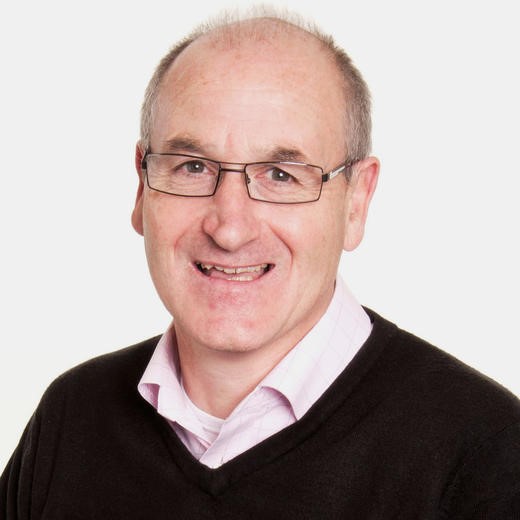
|
|
Christopher LR Barratt, PhD, DSc
Affiliation
University of Dundee
• Head of Division Post Graduate Medicine Ninewells Hospital
• Head of Reproductive Medicine
Clinical and research activity
Current member of WHO Semen Analysis Manual (6th edition) Editorial Board. Past member of WHO Male Fertility Expert Working Group (2012-2017) and Human Fertilisation and Embryology Authority. Current research involves examination of sperm function and interruption of key pathwaysfor the development of new male contraceptives.
|
|
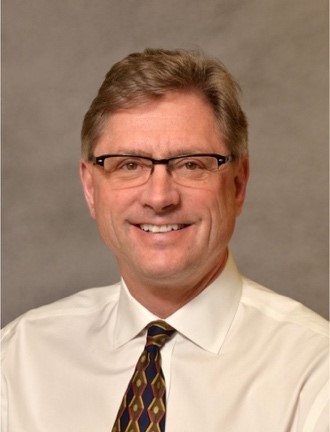
|
|
Christopher De Jonge, PhD, HCLD(ABB)
orcid: 0000-0023-4083-5833
Affiliation
University of Minnesota
• Director, Andrology Program, University of Minnesota Medical Center
• Adjunct Professor, Department of Urology
Clinical and research activity
Current member of Guideline Development Group, WHO Guidelines on Fertility care, Infertility and Subfertility; Practice Guidelines Committee - Male Infertility Panel - American Urological Association. Past member of Evidence Synthesis Group on Male Infertility WHO Infertility Global Guidelines and Research. Board-certified high-complexity clinical laboratory director.
|
|
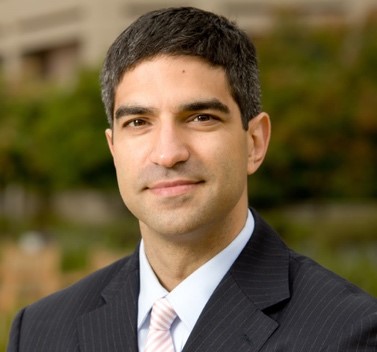
|
|
Michael L. Eisenberg, MD
Affiliation
Stanford University School of Medicine
• Associate Professor of Urology and Obstetrics & Gynecology
• Director of Men’s Health and Male Reproductive Medicine and Surgery.
Clinical and research activity
Dr. Eisenberg is associate editor of Fertility and Sterility and Andrology and an ad hoc referee for numerous leading medical journals. He has authored numerous peer-reviewed articles. His laboratory seeks to understand the association between a father’s reproductive health, overall health, and offspring health.
|
|
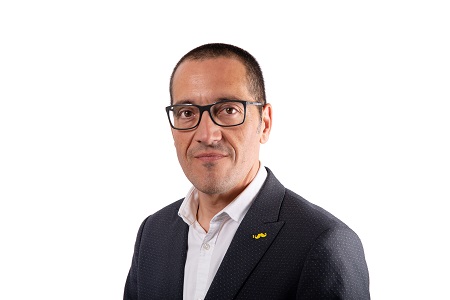
|
|
Nicolás Garrido Puchalt, PhD
Affiliation
• Director, IVI Foundation, Instituto de Investigacion Sanitaria La Fe
Clinical and research activity
Nico obtained his Doctorate from the University of Valencia in 2001, and received the Extraordinary Prize in 2002. He was Director of the Andrology Laboratory and Sperm Bank at the IVI University Institute in Valencia from 2000 until 2016 and the Teaching Program and IVI Learning Center at IVI since 2004. Nico received the Spanish Fertility Society Award (2002, 2004), the Spanish Urology Association Award (2004), the American Society of Andrology Award (2007, 2010, 2011), and the Salud 2000 Foundation Award in 2010. Presently he is Coordinator ESHRE Andrology SIG.
|
|

|
|
Sarah Kimmins, PhD
Affiliation
McGill University
• Associate Professor - Reproductive Biology
• Canada Research Chair Tier II, Epigenetics, Reproduction and Development
• Centre for Research in Reproduction and Development (CRRD)
Clinical and research activity
Her research focuses on the molecular mechanisms of epigenetic inheritance. Particular interest is paternal health and how environmental exposures (diet, BMI, toxicants) alter fertility, clinical outcomes, the sperm epigenome, development and health of offspring. She is Chair of the Canadian Fertility and Andrology Society, Andrology Special Interest Group (2019-2021).
|
|
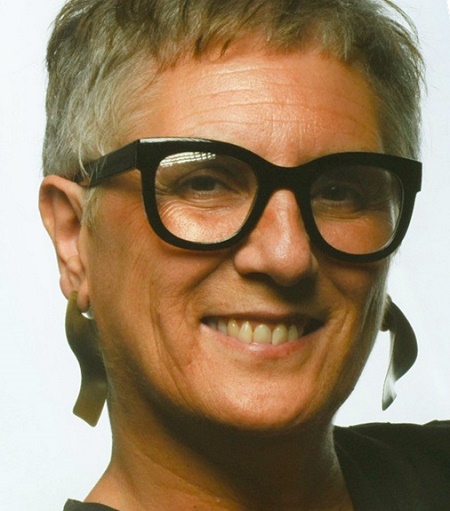
|
|
Mónica Hebe Vazquez-Levin, PhD
Master of Chemistry (Biol. Chem. Sciences) from University of Buenos Aires (1980); PhD. in Chemistry from University of Buenos Aires (1986)
Affiliation
Principal Investigator of the National Research Council of Argentina (CONICET)
Director, R+D+i Laboratory at Instituto de Biología y Medicina Experimental (IBYME), CONICET-FIBYME
Clinical and research activity
Andrologist Specialist by the Argentine Society of Andrology. Member WHO Human reproduction programme (HRP) Research Project Review Panel (RP2). Member COMMIT (Core Measures Male Reproductive Infertility Treatment), and EGOI (Expert Group on Inositols). Editor Fertility & Sterility, FNS Science, Frontiers in Endocrinology (Reproduction Section), and Associate Editor of Human Reproduction. Laboratory Director at IBYME-CONICET, Academic Project Leader of Biomarkers & Health (start/up project), and Coordinator of CONICET Technology Services named BIMOVA (Biomarkers, Models & Validations). Current scientific interest in Male Reproductive Health and Cancer Biomarkers and Artificial Intelligence. Director of National and International Projects. Project and Institutional Scientific Advisor, PhD and MSc Mentor, and Evaluator.
|
|
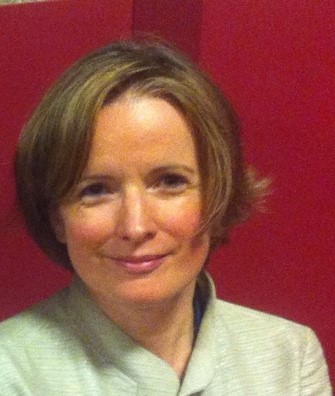
|
|
Csilla Krausz, MD, PhD
Affiliation
University of Florence
• Professor in Endocrinology and Research Group Leader
• Co-director of the Florence EAA Training Center in Andrology
Clinical and research activity
Csilla focuses on genetics and epigenetics of male infertility, hypogonadism, cryptorchidism, testis tumor and genomic instability of the male gamete. She is an Academician of the European Academy of Andrology (EAA) and she is currently the President of the EAA. Starting from 2017 she has been appointed as the Clinical lead of the European Society of Endocrinology (ESE) Reproductive Endocrinology Focus Area.
|
|

|
|
Moira O'Bryan, PhD.
Affiliation
The University of Melbourne, Australia
• Dean, Faculty of Science
Clinical and research activity
Her research encompasses: germ cell development and the relationship between sperm form and function, the genetic causes of human infertility, and the implications for ‘reproductive’ proteins on health broadly. She leads a multidisciplinary and highly collaborative research program spanning basic research and clinical medicine. She is a founding member of the International Male Infertility Genomics Consortium and is President of the Society for Reproductive Biology (Australia and New Zealand).
|
|

|
|
Allan Pacey, MBE, PhD, FRCOG
Affiliation
University of Sheffield
• Professor of Andrology
• Head of Department of Oncology and Metabolism
Clinical and research activity
Editor in Chief of Human Fertility; Member of Guideline Development Group, WHO Guidelines on Fertility care, Infertility and Subfertility; Chair of the UKNEQAS Andrology EQA Scheme Specialist Advisory Group; Trustee of the British Fertility Society Ltd; Trustee of the Progress Educational Trust. Research interests in sperm function, metabolism, nutrition, lifestyle and occupational influences on semen quality.
|
|

|
|
Satu Rautakallio-Hokkanen, BBA, Computer Science
Affiliation
• Chair, Fertility Europe
• Secretary, Finnish Infertility Association Simpukka
|
|
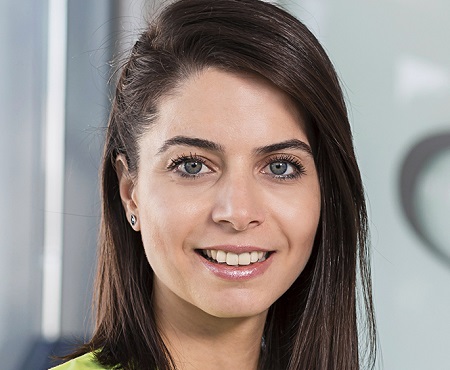
|
|
Munevver Serdarogullari, PhD.
Master of Medical Sciences University of Nottingham in Assisted Reproduction Technology; PhD. in Molecular Medicine from Yeditepe University (2016)
Affiliation & Clinical and research activities
Senior Clinical Embryologist, with over 15 years’ experience. Certification as Laboratory Director for an IVF Clinic (2010) from the Health Ministry of Turkey. Recipient of European Society of Human Reproduction and Embryology (ESHRE) certification for clinical embryology in 2012. Major research areas: male infertility, time- lapse technologies and cryopreservation. Dr. Serdarogullari is a founding member of Cyprus Embryology Society. She was one of the young ESHRE Ambassadors in 2020. She is currently working in ESHRE Journal Club Editorial Team, ESHRE Nurses and Midwifes Certification Committee, and International Fertility Education Initiative network group.
|
|

|
|
Frank Tüttelmann, MD
Affiliation
University of Münster, Germany
• Director Institute of Reproductive Genetics
Clinical and research activity
Frank is a specialist in human genetics with a focus on reproductive genetics and also a certified andrologist of the European Academy of Andrology. His primary research topic is male infertility and the majority of his publications deals with genetic causes of spermatogenic failure. He coordinates the German Research Foundation (DFG) funded Clinical Research Unit ‚Male Germ Cells: from Genes to Function‘ and is a founding member of the International Male Infertility Genomics Consortium.
|
|
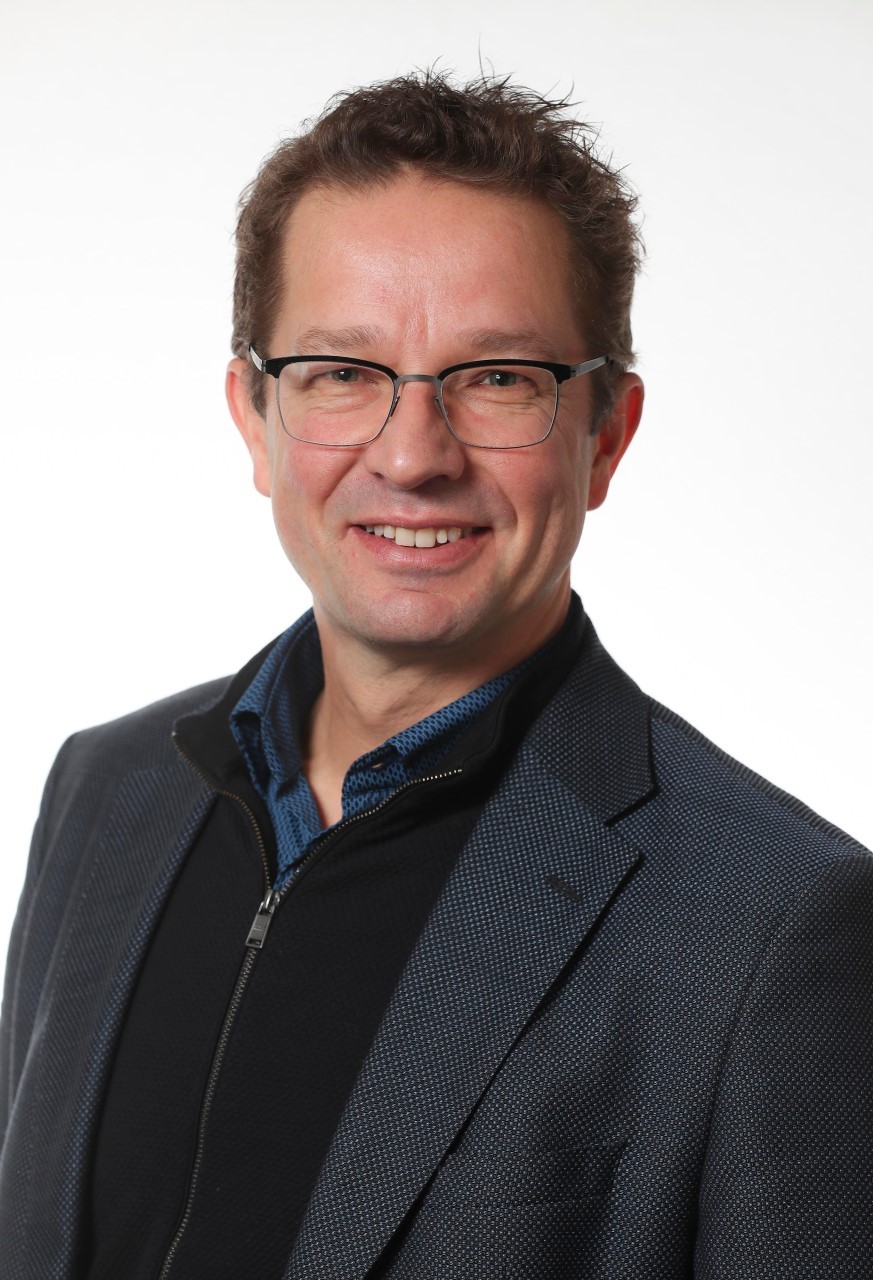
|
|
Joris Veltman, PhD
Affiliation
Newcastle University
• Dean of the Biosciences Institute
• Jacobson Chair of Personalized Medicine at the Faculty of Medical Sciences.
Clinical and research activity
Joris studies genetic factors in male infertility and the impact of artificial reproductive technologies on the genome of the offspring. His research is funded by the Dutch Scientific Organisation, the Royal Society and the Wellcome Trust. He is a founding member of the International Male Infertility Genomics Consortium. In 2016, Profs. Veltman and Brunner were awarded the King Faisal International Prize for Medicine for pioneering the clinical application of next generation genetics.
|